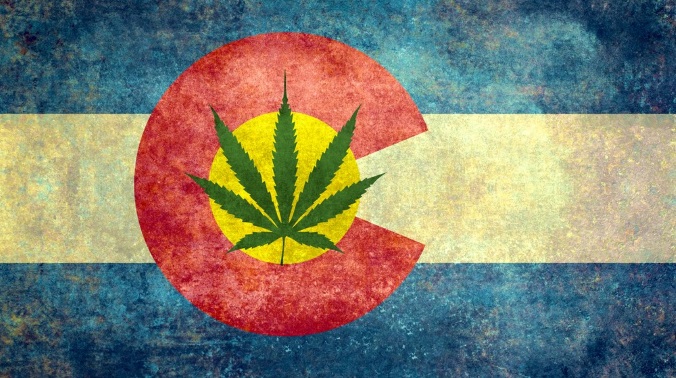Colorado has experienced a full-on “reversal of the upward trend” of opioid-related overdoses since marijuana was legalized for recreational use, according to a brand new study just published in the American Journal of Public Health (AJPH).
Researchers compared figures from before and after stores in Colorado began selling recreational weed to chart this dramatic turn-around of what has been described as the deadliest drug overdose crisis in American history.
According to the Center for Disease Control (CDC), 91 Americans die every day from opioid overdose, which includes both heroin and pharmaceutical opioids, with the number of people dying from prescription painkillers quadrupling in the last 15 years. Not surprisingly, the number of prescriptions written for these same pharmaceutical opioids has also quadrupled in the same amount of time.
Cannabis Is an Effective Opioid Replacement
Cannabis is, of course, a powerful natural painkiller that is completely non-toxic (there has never been an overdose reported). As reported just a couple of months ago, patients with pain not only prefer using marijuana over taking prescription painkillers, but 97 percent of those surveyed said that cannabis actually helped them reduce the amount of pharmaceutical opioids they were taking.
This latest study from Colorado just proves what cannabis users and advocates have been claiming for a long time: that marijuana is an effective and safe alternative to taking dangerously addictive and potentially fatal prescription painkillers. In fact, Colorado’s legalization of cannabis was found to have stopped nearly one death per month in the Centennial State, according to the study.
Can Cannabis Solve the Opioid Crisis?
The opioid overdose death count has reached such epic proportions that President Trump just declared it a “national health emergency.” Numbers have been skyrocketing year after year in every state in the nation, which is why the new study showing Colorado has reversed the trend is a ray of hope in an otherwise gloomy scenario.
Unfortunately, the president’s Commission on Combating Drug Addiction and the Opioid Crisis did not include cannabis on their list of recommended actions. Hopefully, studies like this new one out of Colorado will force the White House to pay attention to marijuana as a real and effective solution.
According to a study conducted earlier this year at Mt. Sinai Hospital in New York, cannabidiol (CBD), which is a non-psychoactive compound of marijuana, has some unique properties when it comes to opioid addiction. Researchers found that CBD could reduce the withdrawal symptoms as well as the craving for heroin, showing that the natural compound is a direct treatment for opioid addiction.
The Future of Cannabis for Opioid Addiction
Just two months ago, the National Institute of Health announced that it was funding the nation’s first long-term study of the effect of cannabis on the use of prescription painkillers. At the same time, Attorney General Jeff Sessions has declared that the idea that medical marijuana could solve the nation’s opioid epidemic is “stupid.”
The future of cannabis as a treatment for pain and opioid addiction is, therefore, a hot issue. But with this latest study showing that Colorado was able to reverse a trend that has the entire nation in its devastating grasp, those who are looking for real relief will be the ones who lead the way towards recognizing cannabis for the valuable medicine that it is.

